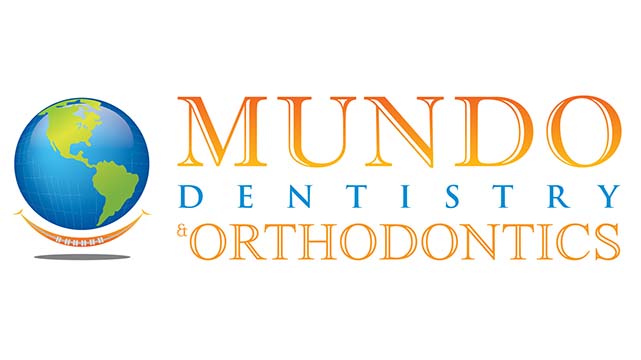Dental implants are a popular solution for replacing missing teeth and restoring a natural-looking smile. However, many people wonder about the pain and discomfort associated with the procedure.
In this article, we’ll address common concerns about dental implant pain, including pulsating pain after surgery, discomfort when chewing, and bruising.
Our goal is to provide you with a clear understanding of what to expect and how to manage any discomfort.
Understanding Dental Implant Pain
Dental implants are inserted into the jawbone and act as a foundation for replacement teeth. While the procedure is generally well-tolerated, some level of discomfort can occur. Here’s what you need to know:
Do teeth implants hurt?
During the dental implant procedure, local anesthesia is used to numb the area, so you should not feel pain during the surgery.
However, it’s common to experience some discomfort afterward as the anesthesia wears off and the healing process begins. This discomfort is usually manageable with over-the-counter pain medications and should diminish within a few days.
Pulsating Pain After Dental Implant
It’s not uncommon to experience pulsating pain after receiving a dental implant. This type of pain is often related to the healing process and can be caused by several factors:
Causes of pulsating pain
- Inflammation: After the implant is placed, the surrounding tissues may become inflamed, leading to a throbbing sensation.
- Pressure Changes: The implant site can be sensitive to changes in pressure, which may cause a pulsating feeling.
- Healing: As your body heals, you may experience intermittent pain or throbbing as new tissue forms around the implant.
If the pulsating pain persists or worsens, it’s important to consult with your dentist to ensure there are no complications, such as infection.
Why Does My Dental Implant Hurt When I Chew?
Experiencing pain when chewing after receiving a dental implant can be concerning. Here are a few reasons why this might happen:
Possible causes
- Surgical Site Sensitivity: The area around the implant may still be healing, making it sensitive to pressure and movement when chewing.
- Implant Misalignment: If the implant is not perfectly aligned, it may cause discomfort when biting or chewing.
- Bite Issues: Sometimes, the bite may be uneven due to the new implant, leading to pain during chewing.
To alleviate discomfort, stick to soft foods and avoid chewing on the side where the implant was placed until the pain subsides. If the issue continues, your dentist may need to adjust the implant or check for underlying problems.
Bruising After Dental Implant Surgery
Bruising around the implant site is another concern that some patients may have. While it can be alarming, it is typically a normal part of the healing process.
What causes bruising?
- Surgical Trauma: During the implant procedure, the surrounding tissues may be slightly damaged, leading to bruising.
- Blood Flow: Increased blood flow to the area can cause discoloration and bruising as the body heals.
Bruising usually fades within a week or two. Applying ice packs to the area and following your dentist’s post-operative care instructions can help reduce bruising and swelling.
Also read What Are Clear Braces?
Managing Discomfort and Ensuring Successful Healing
While some discomfort, pulsating pain, and bruising are normal after dental implant surgery, it’s essential to follow proper aftercare to ensure a smooth recovery.
Here are a few tips to manage discomfort and promote healing:
- Follow Post-Operative Instructions: Adhere to the care instructions provided by your dentist, including medication use and oral hygiene practices.
- Maintain Good Oral Hygiene: Keep the implant area clean to prevent infection and support healing.
- Avoid Hard Foods: Stick to a soft diet and avoid chewing on the implant site until you receive clearance from your dentist.
Dental implants are a reliable and effective solution for missing teeth. While some discomfort and bruising can occur, proper care and communication with your dentist can help ensure a successful and comfortable recovery.
If you have any concerns about pain or other issues following your implant procedure, don’t hesitate to reach out to your dental professional for guidance and support.
Interested in dental implants?
Contact us to get started!


